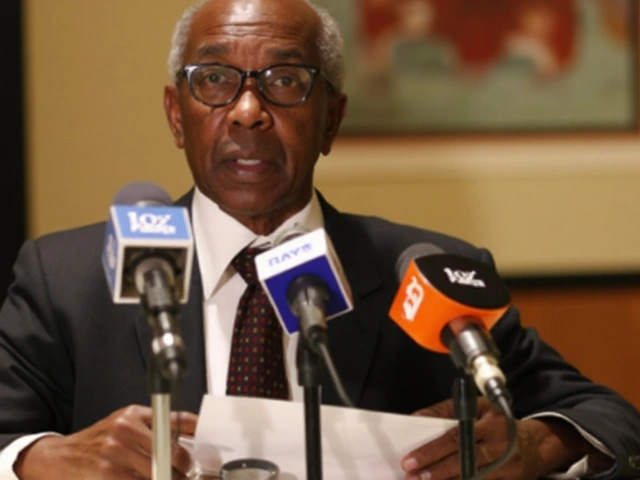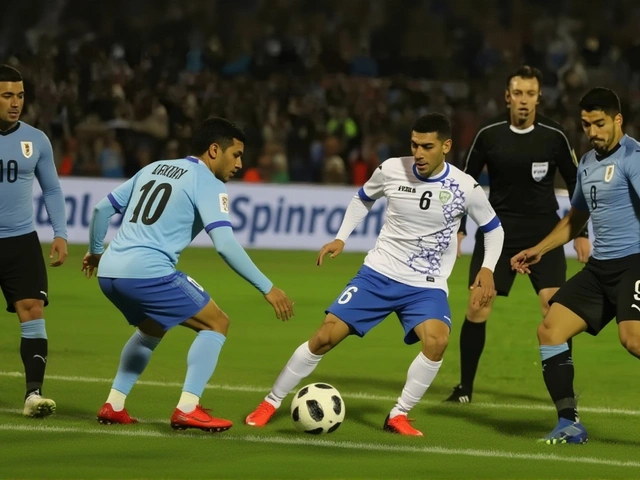Drone Controversy: What the News Isn’t Telling You
Drone Controversy has jumped from tech hype to real-life problems. Drones bring fast deliveries, cheap surveys, and rescue drops — but they also create privacy breaches, safety risks, and political headaches. You’ve likely seen clips of drones over protests, near airports, or at border incidents. This page pulls those stories together and gives clear, practical guidance you can use right away.
What makes drones so tricky? They’re small, quiet, and move fast. That helps businesses and aid groups, but it also means a single careless operator can cause big trouble. When rules lag behind use, communities end up guessing how to respond. That uncertainty fuels controversy.
Top issues in the debate
Privacy: Cameras on drones can record people and homes without permission. That footage can spread online and cause real harm. Watch for local rules that restrict filming in residential areas or require consent.
Safety: Drones can crash, hit crowds, or interfere with manned aircraft. Near markets, stadiums, and airports the risk is serious. Spot a drone doing risky maneuvers? Note time and direction and report it to authorities instead of confronting the pilot.
Security: Drones change how conflicts and surveillance happen. They can be used for reconnaissance or to carry dangerous items. After a drone incident, rely on verified news and official statements — viral clips can be misleading.
Practical tips you can use
Know the rules: Look up your country’s drone rules online. Many places require registration, set height limits, or ban flying near airports and government buildings. Knowing the basics helps you spot unlawful flights.
Report clearly: If you witness a problem, call the right agency — aviation authority or police. Give exact location, time, and a brief description. Photos or short videos help, but avoid sharing sensitive images that could put people at risk.
Support safe uses: Drones do a lot of good — mapping crop damage, inspecting power lines, and delivering medical supplies during emergencies. Highlight responsible projects in your area and push for transparent oversight so the benefits keep coming without the harms.
Use tech wisely: Communities can ask for geofencing near schools and hospitals, or for better detection systems at airports. Counter-drone tools exist but are tightly regulated; they’re meant for official use, not public vigilante action.
For journalists and readers: Verify before you share. Check video metadata, find multiple sources, and wait for official confirmation on sensitive claims. Sensational clips travel fast, and they shape policy before facts are clear.
Want local updates? Follow this tag for breaking stories, expert takes, and practical guides about drone incidents in Africa and beyond. If a drone affects your neighborhood, document safely, report to authorities, and look for trusted coverage here to understand what happens next.
FIFA Suspends Points of Canadian Women's Soccer Team, Technology in Sports Under Scrutiny
By Sfiso Masuku On 28 Jul, 2024 Comments (7)

FIFA has penalized the Canadian women's soccer team by deducting points for using drones during their Olympic qualifying matches. This serious infraction may hinder Canada’s qualification for the 2024 Paris Olympics. The use of drones to survey opponents has fueled a broader discussion on technology in sports and the need for stricter regulations. Fans and fellow competitors are divided over the fairness of such tactics.
View More




